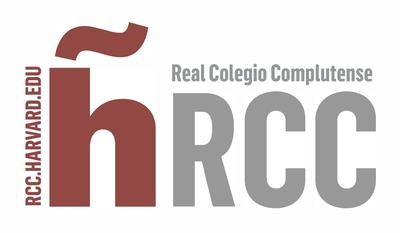Date:
Location:
PANEL I: Chamber design and airflow optimization for E-Nose Technology
Electronic nose (E-nose) technology has been explored for years. However, it has not yet achieved the digitization of the sense of smell with high accuracy. Various concepts of E- nose have been proposed, such as individual semiconductors-based sensors that respond to a certain chemical stimulus. However, their use has been limited due to variability on device-to-device performance and complex environments, such as the human breath, where there are many gases in low concentrations involved. In this context, E-nose system based on multiple Graphene-Field Effect Transistors (G-FET) sensors is designed. Each sensor chip is equipped with a thousand sensing units, aiming for enhanced precision in measurements. These sensors, integrated with a PCB system and an external computer, will enable the detection of biomarkers in exhaled breath. Furthermore, simulations of airflow with finite element modeling method utilized to enhance sensing module performance.This research represents a significant step toward achieving a practical E-nose system for diverse applications, including disease diagnosis.
Speaker: Miguel Grande Ráez (UPM fellow and visiting student at Massachusetts Institute of Technology conducting research on the optimisation and improvement of Electronic-Nose Technology through mechanical design and simulations)
PANEL II: Building better cities through data-driven urban design
Global populations are urbanizing at an unprecedented rate, mandating the need of scalable urban planning and design practices. Many problems arise as a consequence of rapid urbanization and traditional urban planning development patterns. MIT Media Lab’s City Science group -led by Prof. Kent Larson- uses CityScope, a data-driven platform that simulates the impacts of interventions on urban ecosystems prior to detail-design and execution. As everybody is a stakeholder of the city, anybody can have a valuable input to raise concerns on their living conditions and collaboratively search urban improvements.
This seminar will explore the scientific process behind this alternate solution to urban design strategies and its technological aspects, along with other ongoing research threads in the group, and will discuss the future of Agent-Based Models in urban settings.
Speaker: Fernando Fernández Álvarez (UPM fellow and Visiting Student at Massachusetts Institute of Technology in MIT Media Lab - City Science group, conducting research on urban indicators and Artificial Intelligence applications on data-driven urban design)
